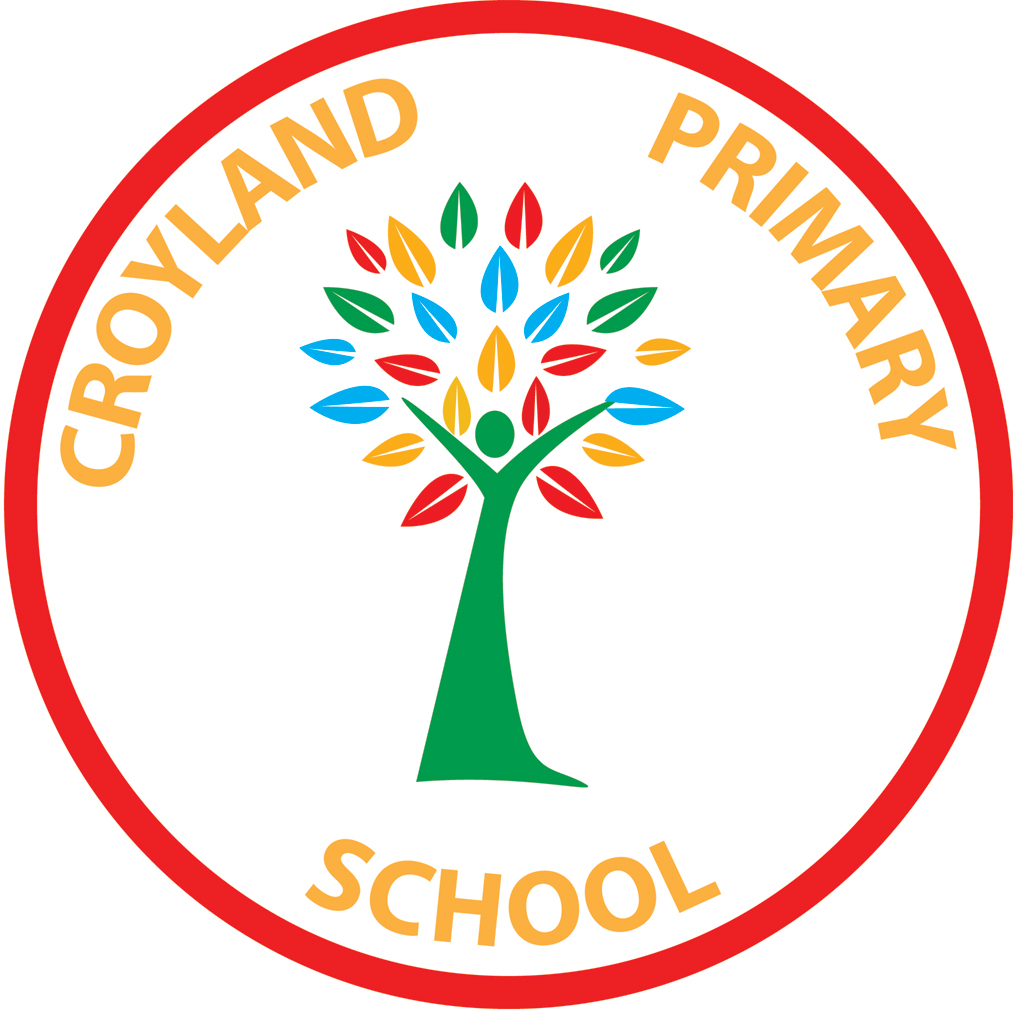Reading
Through reading in particular, pupils have a chance to develop culturally, emotionally, intellectually, socially and spiritually. Literature, especially, plays a key role in such development. Reading also enables pupils both to acquire knowledge and to build on what they already know. All the skills of language are essential to participating fully as a member of society.
Reading at Croyland
The National Curriculum states that It is essential that teaching of reading focuses on developing pupils’ competence in both dimensions; word reading and comprehension. Different kinds of teaching are needed for each. Skilled word reading involves both the speedy working out of the pronunciation of unfamiliar printed words (decoding) and the speedy recognition of familiar printed words. Underpinning both is the understanding that the letters on the page represent the sounds in spoken words. This is why phonics should be emphasised in the early teaching of reading to beginners (i.e. unskilled readers) when they start school.
Good comprehension draws from linguistic knowledge (in particular of vocabulary and grammar) and on knowledge of the world. Comprehension skills develop through pupils’ experience of high-quality discussion with the teacher, as well as from reading and discussing a range of stories, poems and non-fiction.
In KS1 (see early reading and phonics)
In KS2 we develop reading by teaching comprehension and reading skills.
Book Talk lessons allows children chance to verbally articulate their understanding of the text by delving into books in small groups.
Reading Comprehension lessons focus on the skill of understanding a text. Pupils learn how construct a comprehension answer in precise, clear sentences.
